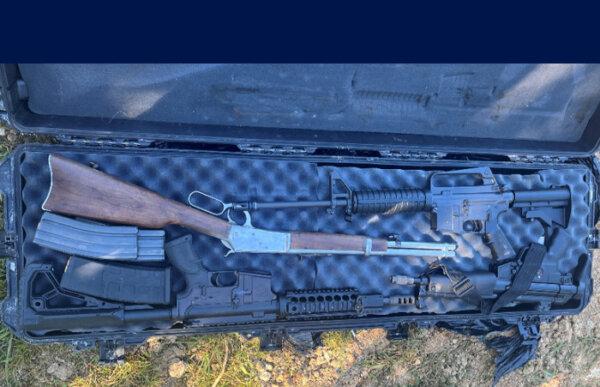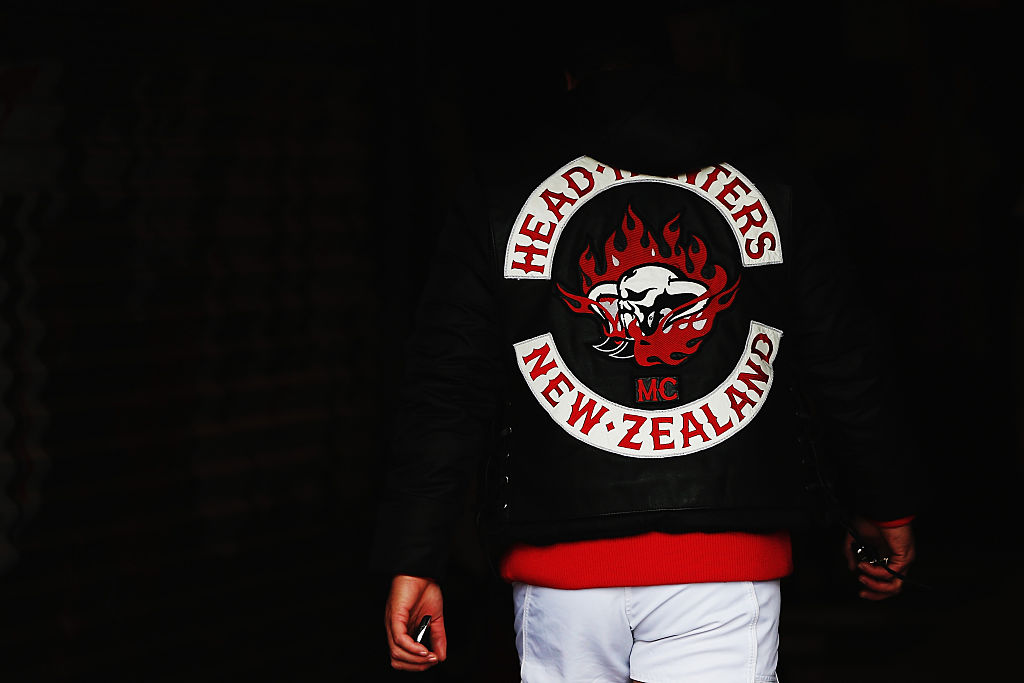11 people are facing charges after police foiled a scheme to import the drug from Brazil via a shipping container.
Two senior members of the Head Hunters gang are among eleven men who have been arrested and charged after allegedly attempting to smuggle 50 kilograms (110 pounds) of cocaine from Brazil to New Zealand earlier this year.
They were caught as part of Operation Reach, a joint investigation between New Zealand Police and New Zealand Customs Service.
The task force was set up after police received intelligence that a high-risk shipment would arrive at the Port of Tauranga in early February.
Detective Inspector Tom Gollan, from the Police National Organised Crime Group, said the gang had made “extensive preparations” to recover the cocaine once it arrived.
“This included the purchase of walkie-talkie radios, an army ‘gillie’ [camouflage] suit, bolt cutters, gloves, security-branded t-shirts, and high-visibility gear. These methods, combined with the alleged possession of illegal firearms, demonstrates the lengths criminal enterprises are willing to go to avoid detection and import illicit drugs into New Zealand,” he said.
Initially, four men, aged between 22 and 36, were arrested, but investigations led to several search warrants being executed in Auckland and Tauranga and another seven arrests being made. Among those were two men, aged 50 and 59, who are both believed to be senior members of the Head Hunters gang.

“A significant number of firearms, including three semi-automatics and two fully automatic rifles, were located and seized,” Gollan said. “A 50-year-old male was arrested … and was also found in possession of a loaded .22 calibre pistol.”
All eleven men are facing charges relating to the importation, conspiracy, and possession for supply of cocaine, while two are also facing charges relating to the possession of firearms. Police say it’s possible further charges may also be laid.
Wastewater testing shows methamphetamine is still the most popular drug in New Zealand.
But the cocaine market has grown noticeably in recent years.
In 2009, Customs stopped just 3 kilograms of the class-A drug. However, since 2017, there have been several seizures of over 100 kilograms, including a record 700 kilograms shipment intercepted at the Port of Tauranga in March 2022. In that case, the vessel had travelled from Ecuador via Panama.

The volume of cocaine consumed increased by 93 percent in 2022/23 compared to the average for the previous three years.
NZ Drug Foundation Executive Director Sarah Helm said the increase was most likely due to a global trend of increased production and availability.
Last year, a joint investigation by New Zealand law enforcement found nearly 4 tonnes of cocaine floating in the middle of the Pacific Ocean awaiting collection. However, police said they believed the majority of that was destined for Australia.
Cocaine smugglers are becoming increasingly inventive in their attempts to avoid detection.
In April this year, the NZ Navy helped intercept a vessel that had a box attached to its hull. The box was found to contain an electromagnet, which held it to the ship, and was packed with 7 kilograms of cocaine, worth up to $3.15 million in New Zealand.
The 2023 World Drug Report found that the street price for cocaine in Australia and New Zealand is the highest in the world.

